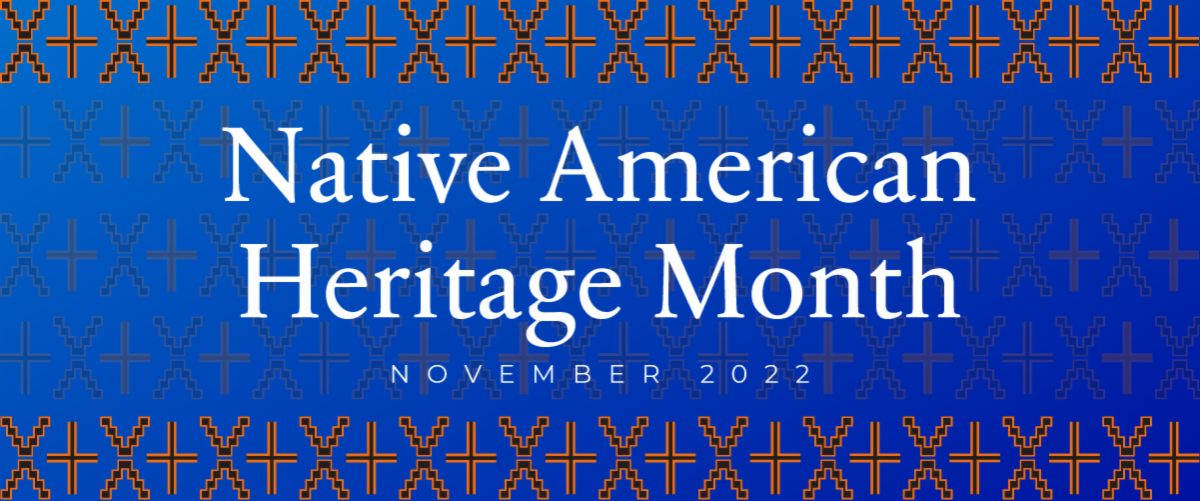martes, noviembre 15, 2022
|

Native American Heritage Month calls us to pause and celebrate indigenous peoples of the past and present and to reflect upon and recommit to the promises we have made to restore right relationships with tribal nations.
At UMass Chan Medical School, that began more than a year ago with a conversation about the importance of acknowledging the land on which the Medical School sits was once part of the original homeland of the Nipmuc people. From that conversation, a land acknowledgment was created, denouncing the violence that stripped the original stewards of lands that were their ancestral home and announcing our intention to listen to and follow their lead and to work together to create new legacies of equity and respect.
What we learned through this process was that while land acknowledgments have little meaning to many native people, the act of constructing and repeatedly reading one in gatherings serves as a catalyst toward community building. The UMass Chan land acknowledgment is now an active part of our community life since its launch at the September town hall meeting.
Once the land acknowledgment was written, we worked to partner with the Hassanamisco band of Nipmuc people. This partnership brings the Nipmuc people, faculty and students together to discuss what authentic relationships with our indigenous community looks like.
Marlina Duncan, EdD, vice chancellor for diversity and inclusion, sees this collaboration and the projects taken on by the partnership as a necessary next step beyond the land acknowledgment.
“A lot of times, diversity, equity and inclusion work is done separate from the communities that are impacted, but how do we hold ourselves accountable and continue to engage with marginalized communities?” Dr. Duncan said. She believes the premise behind this is making sure the work that we’re doing for the indigenous population involves them in the process.
In an effort to build community with indigenous people and not for them, the UMass Chan and Nipmuc collaborative is planning a three-part conference on indigenous health equity next year. The speaker series will involve native community leaders and faculty to talk from historical perspectives about what’s happened to our indigenous population that has disenfranchised them. The second installment will focus on present day health issues such as how high diabetes rates and food deserts have impacted the indigenous community. The final talk will be a time to share what we aspire to do together in the future as our partnership is strengthened.
“Instead of having clinicians on one side and indigenous folks on another and it’s kind of this top-down approach, we want to build more of a collaborative approach to address the damages that have been done,” Duncan said.
In addition to the conference, a clinical clerkship that focuses on native health is being developed. Efforts are also continuing to ensure indigenous students in Central Massachusetts are aware of the pipeline programs to medical school that UMass Chan offers and are given opportunities to partake in them.
“If we're engaging in this to work, especially from the perspective of diversity, equity and inclusion, we have to always find ways to kind of touch back with the community,” Duncan said. The Diversity and Inclusion Office invites all who are inspired to join the process in creating a more impactful relationship with our indigenous neighbors. Virtual discussion take place on the fourth Monday of the month at 4 p.m. Email diversity@umassmed.edu for details.